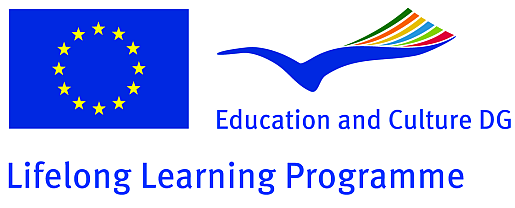Blogs TAG cloud
Community of PASS users
This is a place for parents and other educators interested in the use of the PASS (Parents As Successful teacherS) project materials with children aged 3-7.
Posts tagged 'playing_with_objects'
PASSblog Archive
- 2014 (4)
- July (2)
- What about Franklin?
- Animal cards
- June (1)
- Let's compare books!
- January (1)
- Nursery rhymes
- 2013 (22)
- November (2)
- A game in the target language
- Online cooking game
- September (5)
- Language experience with my children
- Sorting
- An English patient.
- Numbers
- Cartoons in the target language
- August (1)
- A new book in English
- July (9)
- Our first attempt
- Guess again...
- In a mood for a TV show...
- Dialogue about Pinocchio
- A sorting game
- February (5)
- New video from PASS
- Welcome!
- Reading to the child (part 1)
- Reading to the child (part 2)
- Reading to the child (part 3)









